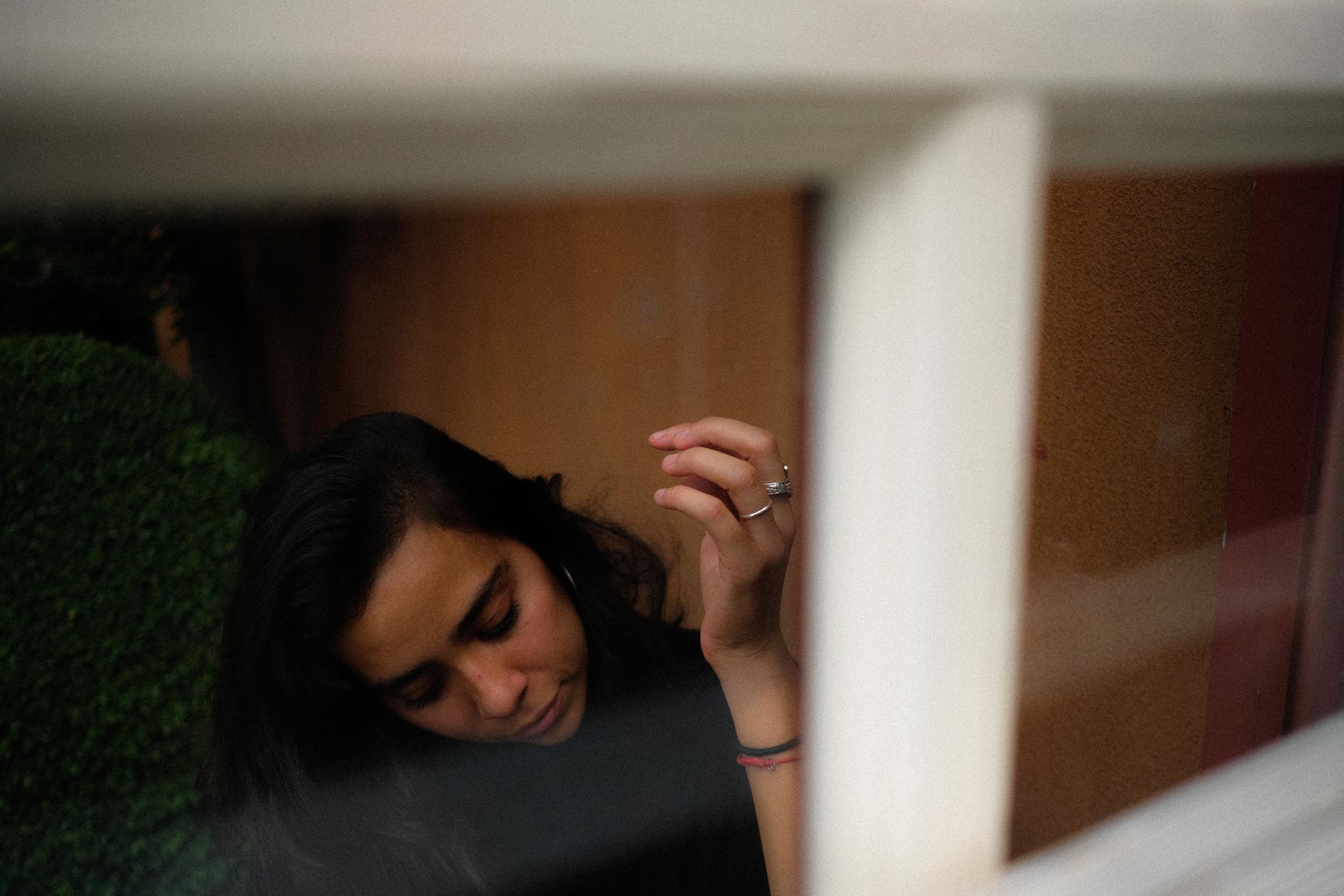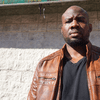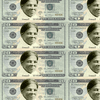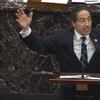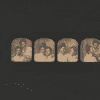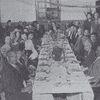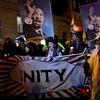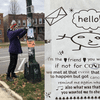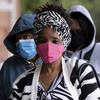Jenny Casas (she/her) is a reporter for WNYC's The United States of Anxiety and the WNYC newsroom. She is New York based, via Chicago, where she reported on and produced season one of The City, USA Today's first narrative podcast about a 6-story tall illegal dump. Before that, she led reporting teams with City Bureau covering restorative justice in Cook County's criminal courts, and church-owned properties as a motor for gentrification. She was a daily reporter at St. Louis Public Radio covering power, immigration, and political protest. A California native, Jenny got her start in radio as a KQED news intern. At the end of the day, her reporting is geared towards generative reporting practices over extractive ones. Find her on Twitter at @jnnsmn.
Jenny Casas appears in the following:
Friday, August 12, 2022
What can we learn from the HIV pandemic? We revisit a conversation from a year of living with COVID-19.
Monday, July 26, 2021
Today’s viral videos of police abuse have a long political lineage. But what if one of the oldest tools of copwatching is now taken away?
Monday, April 12, 2021
How did Americans come to think so poorly of government? And how did Joe Biden come to be the first modern president who’s even tried to change our minds?
Monday, April 05, 2021
A gun-toting Black Power advocate was made principal of a Marin County, California school during efforts to desegregate 50 years ago. As they try again, we recount his radical legacy.
Monday, March 29, 2021
Andrew Cuomo’s just the latest. Why is masculinity so often conflated with domination? And how do we separate the two? Kai turns to a historian and to a novelist for answers.
Monday, March 22, 2021
We’ve been here before: A time of national stress, Asian Americans made into scapegoats, and violence follows. The community saw it coming. So why didn’t everybody else?
Monday, March 15, 2021
We’re looking back at a year with Covid-19 to reflect on our tremendous losses and the remarkable ways communities have come together to take care of themselves.
Monday, March 08, 2021
As Amazon workers conclude a historic unionization drive, we consider the history of collective action -- and the struggle to shield our humanity from the demands of productivity.
Monday, March 01, 2021
A cop in Westchester, NY, was disturbed by what he saw as corruption. He started recording his colleagues -- and revealed how we’re all still living with the excess of the war on drugs.
Monday, February 22, 2021
Our Future of Black History series concludes with conversations about self-expression. Because when you carry a collective history in your identity, it can be hard to find yourself.
Thursday, February 18, 2021
People are excited to replace Andrew Jackson’s face with an abolitionist hero. But Dr. Brittney Cooper argues not all honorifics are the same.
Monday, February 15, 2021
The Senate’s trial and acquittal of Donald Trump left many with mixed emotions. But did it move us any closer to a reckoning with the worst of America’s political culture?
Monday, February 08, 2021
Saidiya Hartman introduces Kai to the young women whose radical lives were obscured by respectability politics, in the second installment of our Future of Black History series.
Monday, February 01, 2021
We’ve got complicated relationships with this annual celebration -- from joy to frustration. So to launch our Future of Black History series, we ask how it began and what it can be.
Monday, January 25, 2021
Kai checks in with poet Jericho Brown, historian Kidada Williams, and listeners as we all try to transition out of the Trump presidency.
Monday, January 18, 2021
And what MLK’s uniquely Black theology can teach us about the relationship between faith and politics in 2021.
Monday, January 11, 2021
January 6, 2021, offered a hyper-condensed version of our country’s entire political history--with all of its complexity, inspiration, and terror.
Monday, January 04, 2021
An odd racial pecking order puts Indian Americans in a curious place -- outside of whiteness, but distinct from other people of color. How’d that come to be? And is it changing?
Monday, December 28, 2020
A first draft of history for 2020, told through three very personal efforts to find -- and keep -- human connection amid a pandemic.
Monday, December 21, 2020
Segregationists gamed the system 57 years ago. But this year, Black organizers may have finally slipped the knot that Jim Crow tied around democracy in the state.
